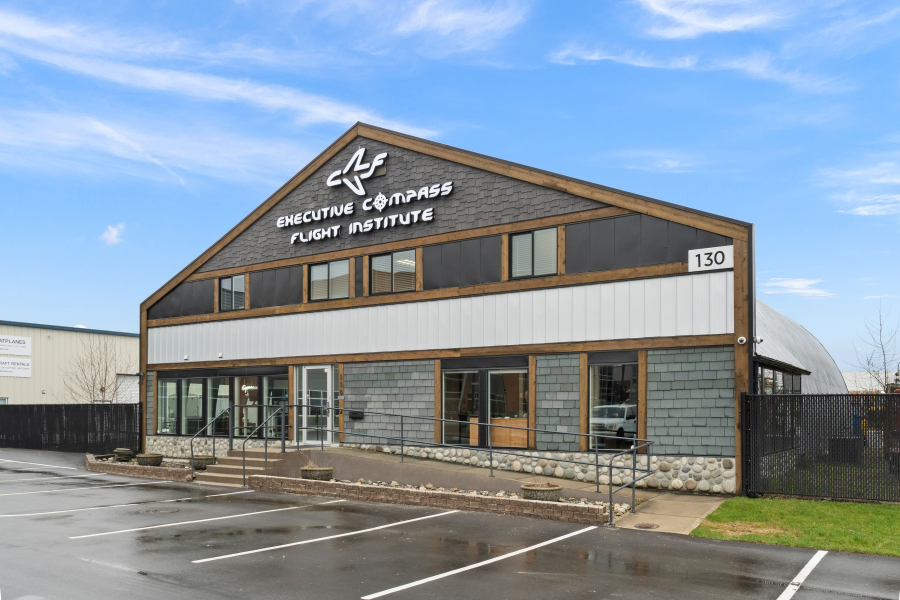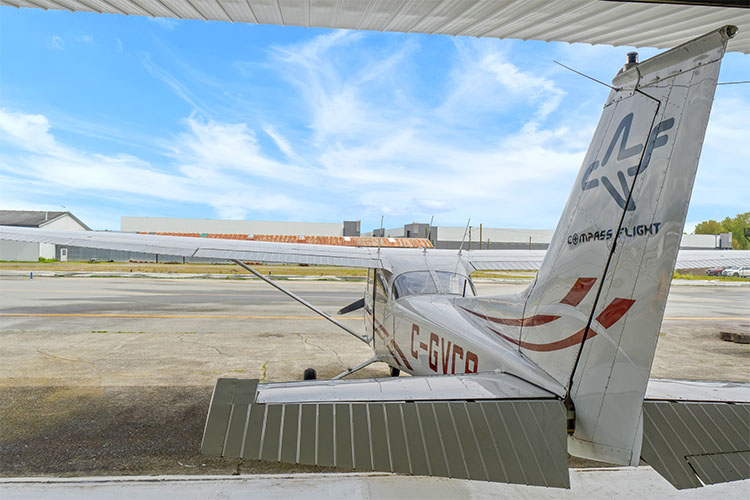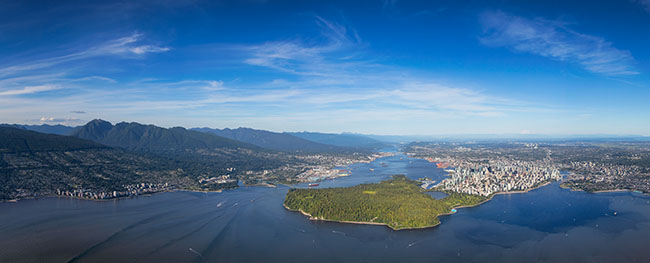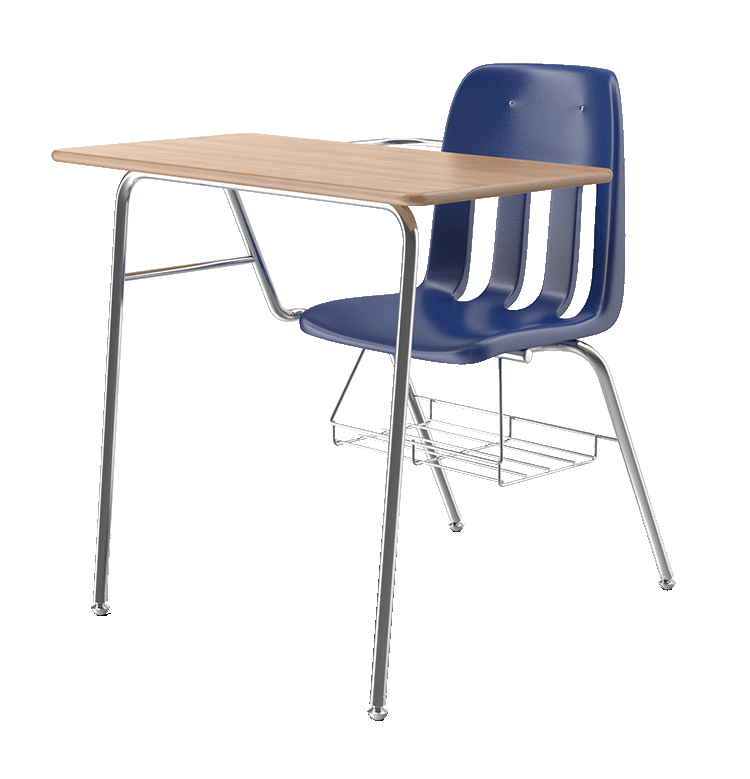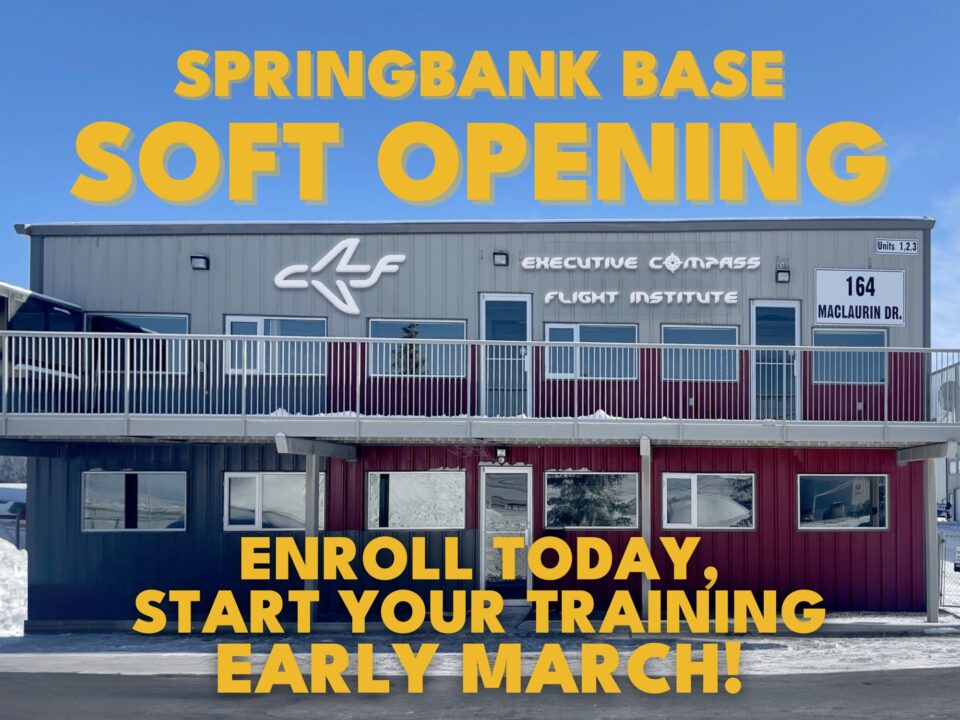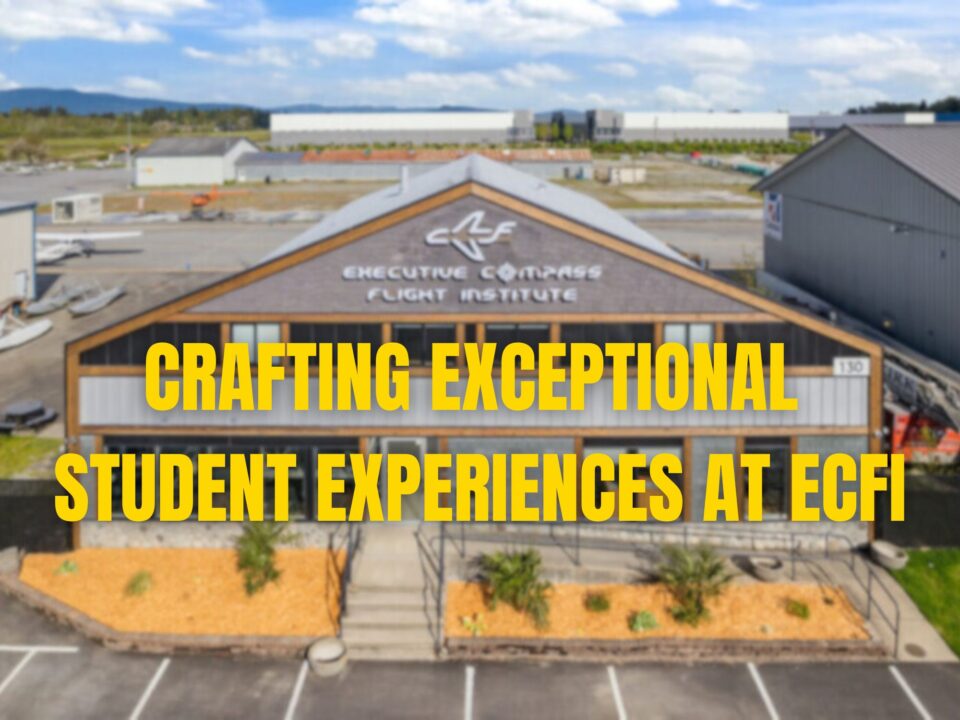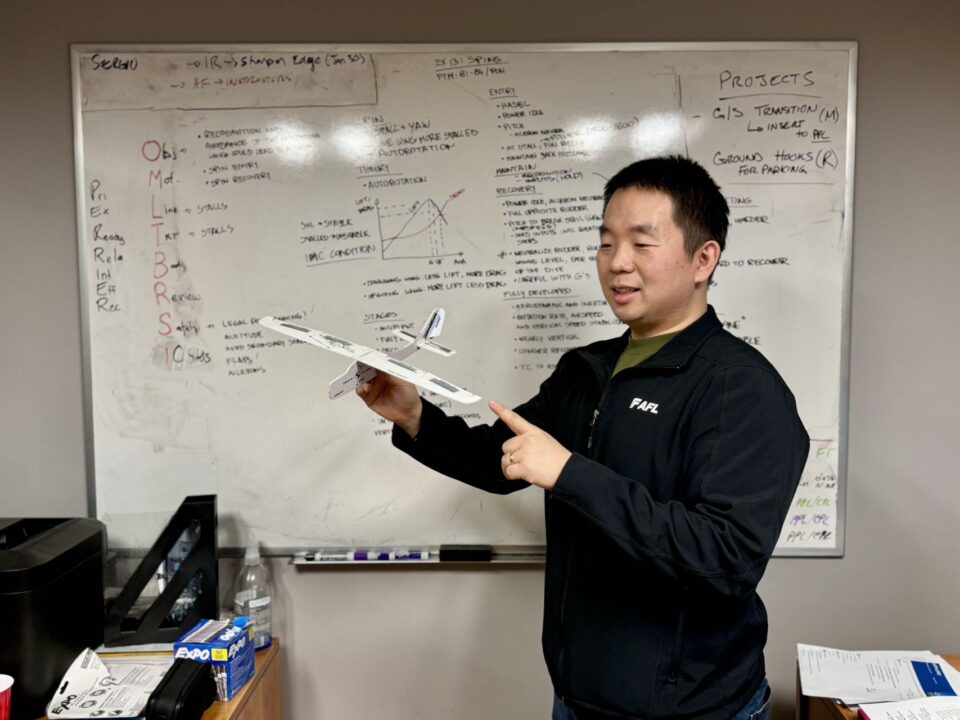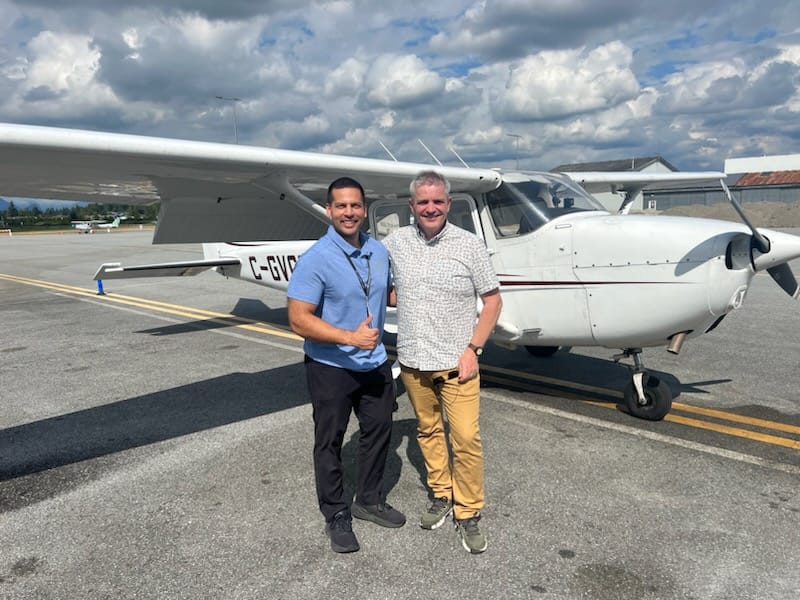RPP
Fly as a hobby...
Recreational Pilot Permit (RPP) is suitable for students who want to fly as a hobby. The RPP allows you to fly solo or with a maximum of 1 passenger within Canada.
Under Transport Canada requirements, the RPP is restricted to daylight VFR conditions.
Recreational Pilot Permit Admission Requirements
Candidates must be 16 years of age for issuance of Recreational Pilot Permit
A Category 1, 3 or 4 medical certificate
Recreational Pilot Permit Program Requirements
Minimum 25 hours of flight required by Transport Canada
Dual Training: 15 hours (minimum)
Solo Training: 5 hours (minimum)
Ground School – 60 hours
Minimum 60% on Transport Canada written exam (RPPAE or PPAER)
Successfully pass the Transport Canada flight test
Benefits of a Recreational Pilot Permit
A Recreational Pilot Permit (RPP) offers a streamlined and cost-effective way to enjoy the freedom of flying. One of the main benefits is that it requires fewer flight hours compared to a Private Pilot License (PPL), making it an attractive option for those who want to fly for personal enjoyment rather than pursuing a career in aviation.
With an RPP, you can fly single-engine, non-high-performance aircraft, carry one passenger, and operate in Canadian airspace under visual flight rules (VFR). This permit is ideal for leisurely flights and short trips, allowing you to explore scenic regions like British Columbia's beautiful landscapes.
Moreover, the RPP can serve as a stepping stone toward more advanced certifications. If you decide to upgrade to a Private Pilot License or beyond, the training and experience gained through the RPP will be valuable. The permit also allows you to refine your flying skills under the guidance of flight instructors, ensuring you build a solid foundation in aviation.
Overall, the Recreational Pilot Permit offers a practical and accessible entry point into the world of aviation, providing the joy and excitement of flying without the extensive commitment required for higher certifications.
Steps to Achieve Your Recreational Pilot Permit
Achieving your Recreational Pilot Permit involves several key steps, starting with meeting the eligibility criteria. The minimum age required for the recreational pilot permit is 16 years old. You must also hold a valid Category 4 medical certificate, which ensures you are fit to fly.
The next step is to enroll in a flight training program with a certified flight school. This program includes both flight training and ground school. For the flight training portion, you need a minimum of 25 hours of total flight time, including at least 15 hours of dual instruction with a flight instructor and 5 hours of solo flight time. This training focuses on basic flying skills, takeoffs, landings, and emergency procedures.
In addition to flight training, you must complete ground school. The ground school for RPP candidates covers essential topics such as navigation, meteorology, and air law. It is similar to the private pilot ground school but with a narrower scope, focusing on the knowledge required for the recreational pilot permit.
After completing the required flight training and ground school, you must pass a written examination that tests your understanding of the theoretical knowledge. Finally, you will need to successfully complete a flight test with a Transport Canada examiner to demonstrate your flying proficiency and readiness to hold an RPP.
Flight Training for Recreational Pilot Permit
Flight training is a crucial component of earning your Recreational Pilot Permit. The training is designed to equip you with the necessary skills to operate an aircraft safely and confidently. You are required to complete a minimum of 25 hours of flight time, which includes 15 hours of dual instruction and 5 hours of solo flight time.
During dual instruction, you will fly with a flight instructor who will teach you basic maneuvers, takeoffs, landings, and emergency procedures. This hands-on training ensures that you develop a strong foundation in piloting skills. The instructor will also guide you through the various phases of flight, including climbs, descents, turns, and straight-and-level flight.
Solo flight time allows you to practice these skills independently, reinforcing your learning and building confidence. This solo experience is vital as it demonstrates your ability to handle the aircraft on your own, a key requirement for the recreational pilot permit.
Flight training for the RPP focuses on visual flight rules (VFR) and does not require complex navigation or instrument flying skills. However, it still provides a comprehensive introduction to aviation, preparing you for potential future upgrades to a Private Pilot License or other advanced certifications.
Recreational Pilot Permit Cost
| Dual Training (15 hours) |
$283 per hour |
| Solo Training (10 hours) | $208 per hour |
| Ground Briefing (12 hours) | $75 per hour |
| Ground School (PPL GS) | $430 |
| Ground School Kit | $550 |
| Application Fee | $250 |
| Administration Fee | $250 |
- Estimated cost of the Recreational Pilot Permit is $8,275 based on Transport Canada minimum requirements. Actual hours and cost can vary depending on individual student performance
- Licensing related fees $1125.
- Prices do not include taxes.
- Prices are subject to change.

